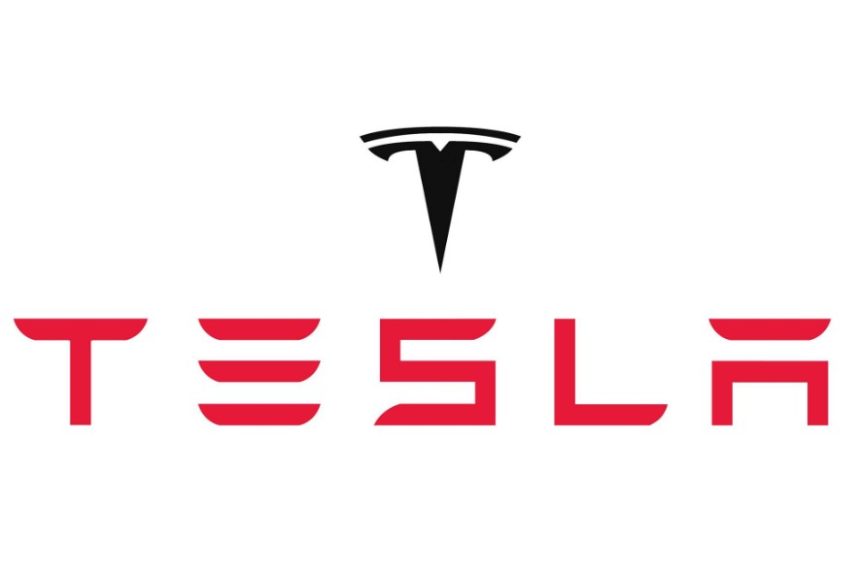Tesla Faces UK and Global Backlash as Profit Nosedives Again
Tesla is facing another blow as both profit and revenue plunged for the third straight quarter, a trend fuelled by political controversies and growing consumer distrust, particularly in the UK and across Europe.
Sales are falling. Buyers are hesitant. The figures from Tesla’s latest financial disclosure paint a troubling picture for the electric vehicle pioneer.
The company reported a 16% drop in profit for the April–June quarter, falling to $1.17 billion (£865.8 million), with revenue sliding by 12% to $22.5 billion (£16.6 billion). That’s a sharp decline from $25.5 billion (£18.8 billion) during the same period last year.
This isn’t just an American problem, far from it. British and European buyers are increasingly walking away from Tesla, repelled by Elon Musk’s vocal political leanings.
“The perception of Elon Musk, its chief executive, has rubbed the sheen right out of what once was a darling and soaring automotive brand,” wrote Forrester analyst Dipanjan Chatterjee. Tesla is “a toxic brand that is inseparable from its leader”.
Musk’s public alignment with far-right political figures has not gone unnoticed. Consumers in the UK, France, and Germany, major markets for electric cars, are reportedly shifting their loyalties. Rivals like China’s BYD and Germany’s Volkswagen have been quick to capitalise, tightening their grip on the EV market.
And it’s not just the politics. The business strategy itself is changing. During the earnings call, Musk shifted focus from immediate car sales to long-term ambitions like robotaxis and autonomous tech.
“Once you get to autonomy at scale in the second half of next year, certainly by the end of next year, I would be surprised if Tesla’s economics are not very compelling,” Musk said.
Investors aren’t entirely sold. Shares dropped by 3% in after-hours trading, reflecting Wall Street’s muted reaction.
Tesla’s vision for a driverless future is bold. A paid robotaxi service has launched in Austin, Texas, with promises of scaling up across multiple U.S. cities by year-end, but not without hiccups.
One vehicle was even reported travelling down the wrong lane. Despite Musk’s reassurances that Tesla is proceeding “very cautiously,” confidence in these ventures remains shaky.
Meanwhile, the economic landscape in the U.S. has turned less favourable. Recent budget changes have eliminated a key $7,500 (£5,522) tax credit for electric vehicle buyers and removed penalties on carmakers who exceed emission standards.
Both developments undercut Tesla’s profitable side business of selling carbon credits, earnings from those dropped to $439 million (£328 million), nearly half of last year’s figures.
And then there’s the delay. The long-promised cheaper Tesla model, previously expected in June, is now due later this year.
Similarly, Musk’s prediction for the Full Self-Driving (FSD) software’s rollout in parts of Europe has been pushed from March to the end of the year, though the feature is still considered more “driver-assist” than truly autonomous.
Not all the news was bleak. Tesla’s bitcoin investment provided a surprising windfall, netting a £210 million paper gain, compared to a loss the previous quarter.
Still, gross margins dipped to 17.2% from 18%, another indicator of how much tighter the business is running.
In a moment that was eye-catching during the call, Musk spoke about his ambitions for Tesla’s robot project. He foresees a future with 100,000 Optimus humanoid robots produced monthly in five years, eventually making robots “so common that you don’t even look up.”
Yet when asked about increasing his personal stake to retain control of Tesla, Musk struck a careful balance: “I think my control over Tesla should be enough to ensure that it goes in a good direction,” he said, “but not so much control that I can’t be thrown out if I go crazy.”
For now, the market, both financial and consumer, seems to be deciding just how far along that path Tesla has already gone.






